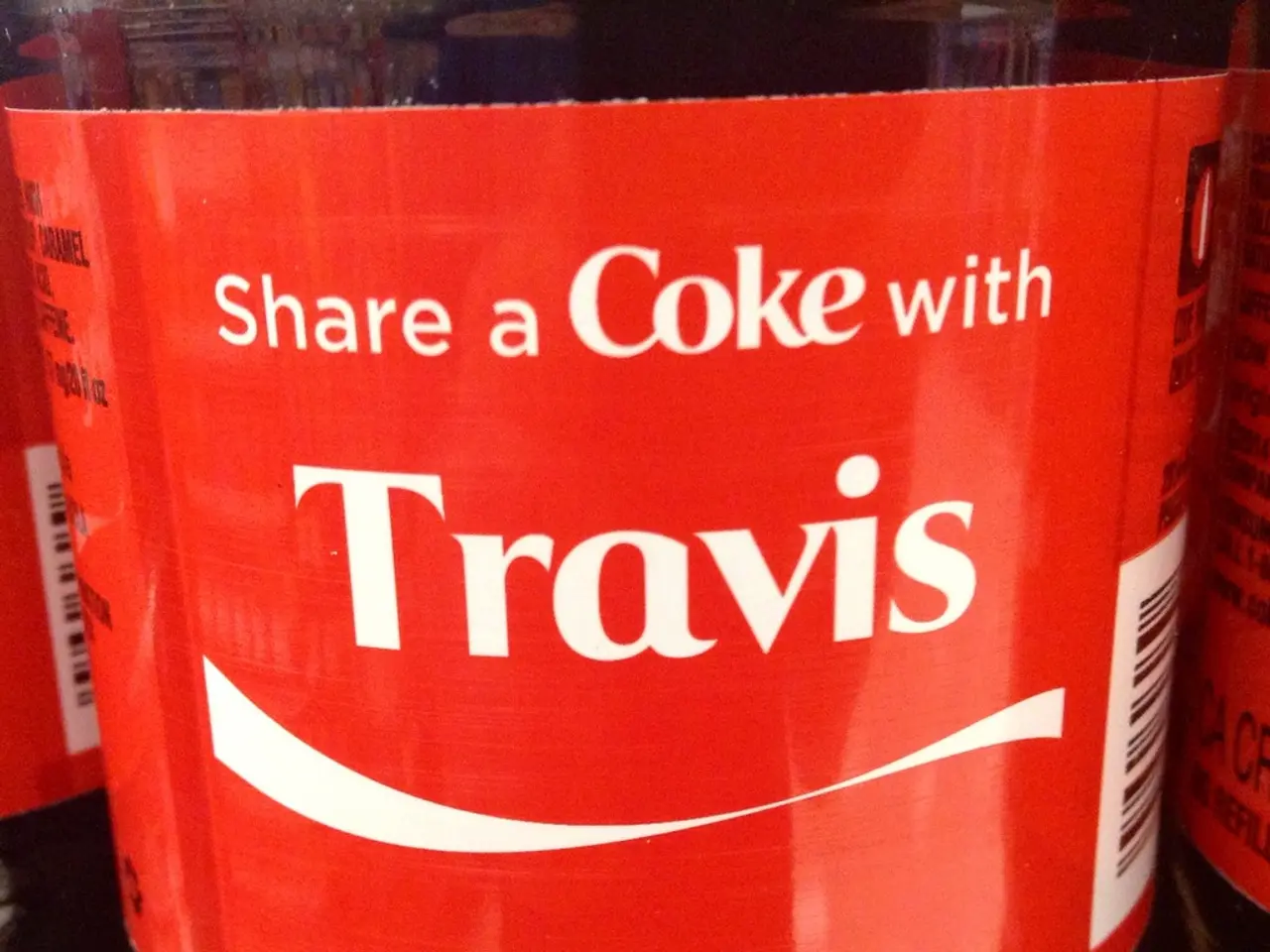Guidance on Assisting an Individual Struggling with Substance Dependency
In the complex world of addiction, understanding its signs and learning how to offer support can make a significant difference. Addiction, a severe substance use disorder (SUD) as referred to by the American Psychiatric Association, affects a person's ability to function in daily life due to disordered thinking and behaviors.
To identify someone struggling with addiction, look for signs such as secretive or deceptive actions, inability to resist urges despite harmful consequences, frequent failed attempts to stop or cut back, mood swings, defensiveness when confronted, and using the addiction as a coping mechanism for stress or emotional pain. Additional red flags in relationships include lying about usage, financial issues, mood swings, avoidance of family time, emotional withdrawal, and unreliable behavior.
Helping someone with addiction involves providing honest, empathetic emotional support while encouraging open communication. It is important to be honest about your concerns and notice signs of relapse without enabling denial or secrecy. Removing triggers from their environment—such as substances or related paraphernalia—and helping avoid high-risk social settings can aid their recovery efforts. Supporting treatment engagement or joining them in seeking professional help can improve outcomes.
Setting and maintaining clear boundaries is essential for your own well-being. Be explicit about what behaviors you will not accept, and tie your support to their commitment to treatment or sobriety if applicable. Upholding these boundaries consistently protects your mental and physical health and prevents enabling harmful patterns. For example, clarify limits around substance use in the home, financial responsibility, or emotional availability.
Seeking support for yourself is vital when involved with someone addicted. Engage in counseling, support groups (such as Al-Anon for families), or therapy to process complicated emotions like guilt, anger, or fear. Self-care and external social support help maintain your resilience and reduce stress from the relationship’s challenges.
In summary, identifying addiction through behavioral signs, helping by offering honest, empathetic communication, setting firm boundaries, and seeking external support are key strategies for supporting someone struggling with addiction. Recovery times vary according to individual circumstances and may involve multiple treatment strategies such as medication, rehab, treatment programs, and support groups.
It's important to remember that addiction, like heart disease, is a disease that can be prevented and treated. Codependency, a pattern of interactions where someone tries to help a person manage their struggles with addiction, but in doing so, they also enable the person to keep using, should also be acknowledged and addressed.
Health professionals need to assess and modify an individual's treatment plan to meet their changing needs. If both partners in a relationship have addiction issues, they can get treatment together. Ending or leaving a relationship may be necessary if a person with addiction is harming someone and refusing help.
People can develop an addiction to various substances such as tobacco, alcohol, heroin, cannabis, opioids, stimulants, inhalants, medicines for anxiety, and behavioral addictions like compulsive sexual behavior disorder, gambling, shopping, gaming, internet, plastic surgery, food addiction, and thrill-seeking activities. Co-dependents Anonymous is a program for individuals seeking support for codependency.
Helping someone with addiction involves recognizing the problem, being prepared for various reactions, not talking about help while they are under the influence, encouraging them to seek help, setting an example, being supportive but not covering up, encouraging them to take responsibility, accepting relapse as part of the recovery process, and seeking medical advice for stopping substances due to potential withdrawal symptoms.
Lastly, setting boundaries and sticking to them is an important tip for dealing with someone with addiction. Al-Anon and Nar-Anon are support groups for friends and family members of individuals dealing with addiction.
- In the context of mental health, codependency, which involves trying to help manage someone's addiction while enabling continued use, should be addressed and treated as a pattern of interactions.
- Acknowledging that addiction, like heart disease, is a disease that can be prevented and treated, science continues to explore various treatment strategies, including medication, rehab, treatment programs, and support groups.
- In relationships where both partners struggle with addiction, seeking professional help together may improve outcomes, and in cases where an individual is harming another and refuses help, ending or leaving the relationship might be necessary.




